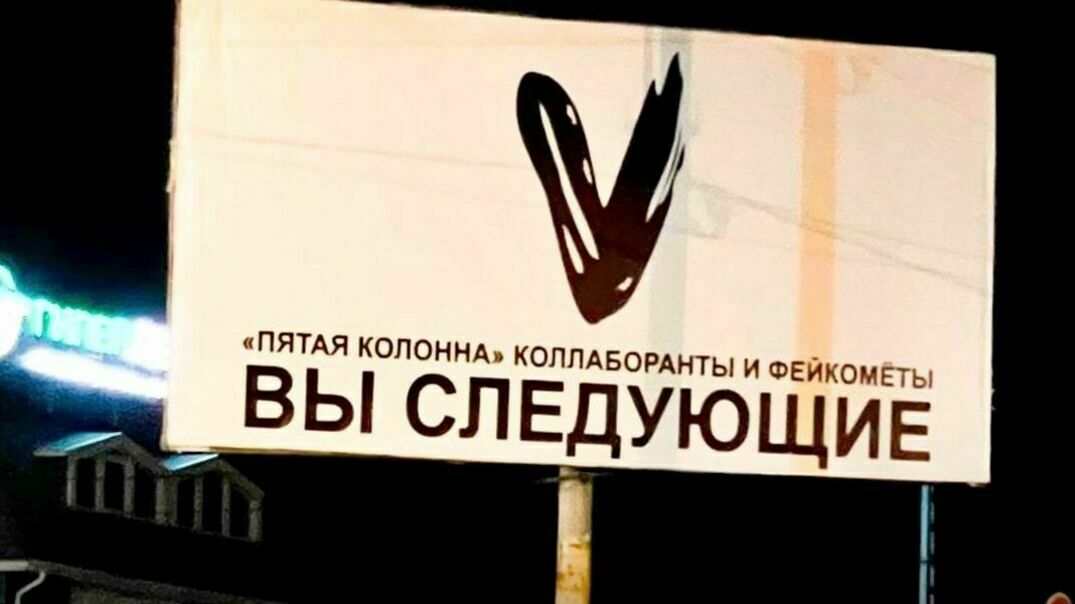
The "fifth column" has gone into the shadows: experts advise not to disturb society by searching for the guilty
It is the second year of its existence, however, the attitude of the Russian society to pro-Ukrainian citizens has not yet been formed due to the extreme smallness of this phenomenon, according to sociological studies referred to by the Nezygar channel. Moreover, if the public's attention is focused on this phenomenon, the attitude of the overwhelming majority will be quite categorical and hostile. At the same time, experts warn that the exaggeration of this topic has distinct limitations and is fraught with increased anxiety in society.
The information campaign to condemn Russians who left after the beginning of partial mobilization allowed forming public opinion in the direction of a certain increase in those who are judgmental, but mostly society prefers neutral assessments of this phenomenon.
Now this topic, in fact, has left the focus of attention of society or, at least, is not the main one. Many experts and political scientists have already noted that it may be replaced by a massive campaign to form public opinion against pro-Ukrainian sympathizers and remnants of the non-systemic opposition inside the country, who are conducting destructive and anti-state activities.
Terrorist attacks against military personnel, as well as other sabotage inside the country, are gradually working to increase concern about the safety of citizens in everyday life. Focus groups in megacities and large cities show that while society as a whole does not express significant concern about this, however, the demand for an enhanced response to the state in these conditions will grow.
Sociologists predict that if a massive campaign to form a negative opinion about pro-Ukrainian citizens does unfold, this will allow us to form a categorical and intolerant attitude towards them quickly enough. At the same time, the phenomenon itself is not fixed by sociological tools and, most likely, we can only talk about tenths or hundredths of a percent of the country's citizens: in other words, the phenomenon is not mass and logically does not fall into the field of attention of society.
At the same time, there is some fatigue in society from escalating the situation and finding the culprits. In this regard, sociologists say that an active information campaign against pro-Ukrainian citizens can result in an additional increase in social anxiety and intolerance. A full-fledged information campaign in this regard is hardly necessary: rather, society needs to present the results of the work of special services that prevent terrorist attacks and identify saboteurs within the Russian society. Since this phenomenon is not of a mass nature, additional informational and psychological pressure and the fight against the fifth or sixth column in the form of appropriate narratives of propaganda shows and appeals are hardly necessary. Society would like to remain calm and stay in the mode of saving mental energy, and not experience periodic shocks for various reasons.